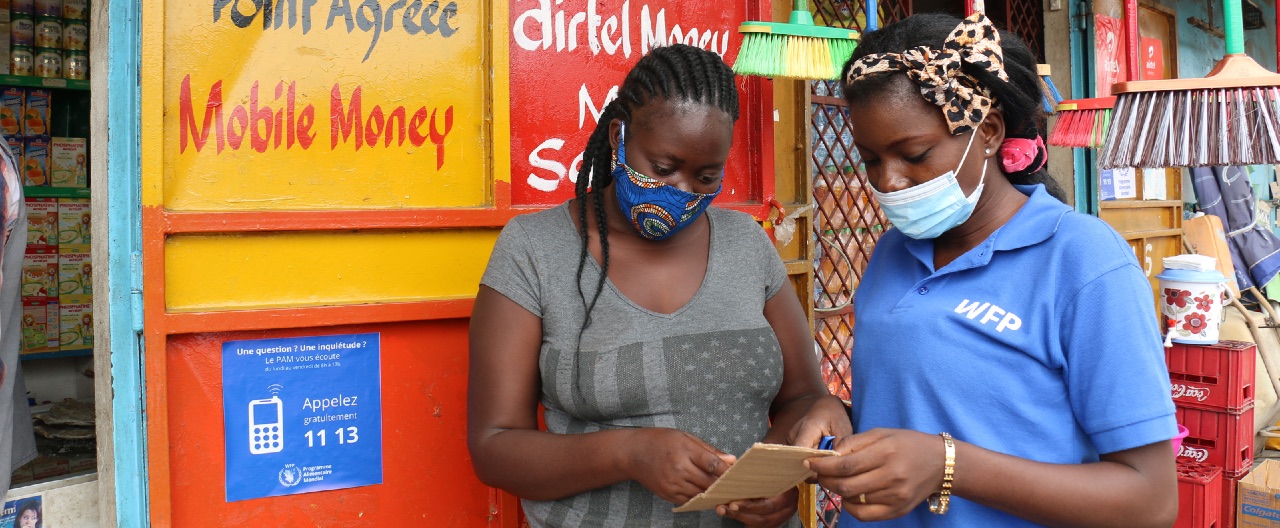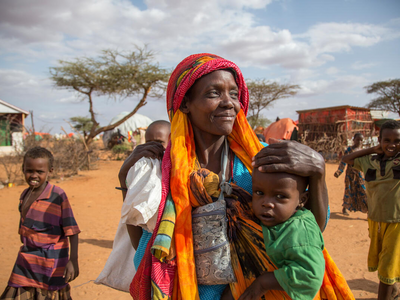Social protection
- 53%
- of world's population not covered by social protection (excluding healthcare and sickness benefits)
- 1.5%
- of GDP on average spent on annual social assistance globally
- US$1 trillion-plus
- spent by countries on social protection in response to inflation
The World Food Programme (WFP) aims to provide food and nutrition assistance to 123 million people in 2025, which is expected to be a year of unrelenting humanitarian needs driven by escalating conflicts and climate and economic shocks.
National social protection systems reach billions of people across the globe. Investing in strengthening those systems can support millions of hungry and malnourished people, as well as those at risk of shocks and crisis whom we do not reach directly.
Helping governments to scale up and enhance social protection is a key pathway towards a zero-hunger world. WFP is working with governments and partners towards ensuring that, by 2030, people have substantially increased access to national social protection systems. These systems can safeguard and foster people’s ability to meet their food security, nutrition and other essential needs, and to manage the risks and shocks they face.
We support governments in designing and implementing inclusive social protection programmes, considering people’s needs and capacities, and their vulnerabilities and inequalities.
WFP has a long history of supporting the design and delivery of nationally led social protection, providing technical advice and implementing programmes on the behalf of governments. In addition, WFP’s own programmes are often complementary to national social protection objectives. WFP offers expertise across all elements of policy and programme design and delivery.

Areas of work
-
System architecture
-
We support governments with the development and updating of social protection policies and strategies, integrating food security and nutrition objectives, and promoting strategies that enable social protection systems to better respond to risks and shocks. We create and manage digital platforms and databases for programme delivery and monitoring, while providing assistance in strategic planning, financing, and resource mobilization for sustainable social protection systems.
-
National social protection programming
-
Social protection and humanitarian, development and peace efforts
-
Partnerships approach

Related topics
In focus
How social safety nets empower families and aid enterprise on the Colombia-Venezuela border
Story | 3 August 2021
How school meals transform futures for children and communities in Cambodia
Story | 9 March 2023
How blockchain can power efforts to empower women and girls in Bangladesh
Story | 13 December 2022
Cash grants from WFP empower refugees in Uganda
Story | 30 March 2022
A lifeline in Lebanon: How cash grants empower families amid economic hardship
Story | 30 November 2022







